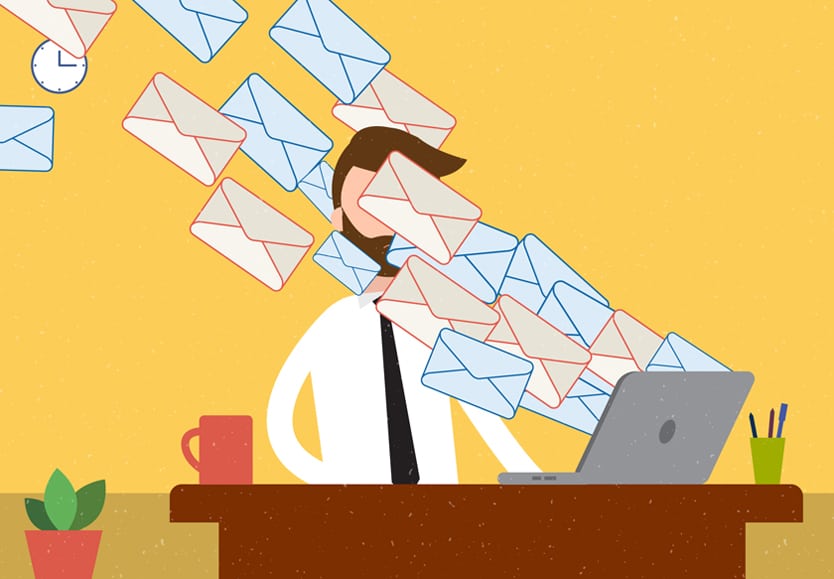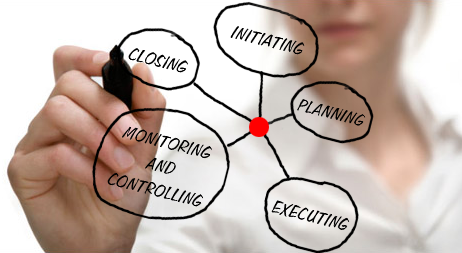
A company's strategy must include crisis management. It can make or break the performance of an organization. Its success depends on how well crisis managers use the lessons from their experience to improve their practices. Crises managers must possess several psychological traits, such as task-oriented leadership behavior, communication plan, preparation. These attributes will be discussed and the best ways to prepare for a crisis. It will help you to be more prepared for a crisis.
Stress managers should be aware of their psychological characteristics
To be successful in their roles, crisis managers need to have the ability to think rationally and communicate effectively. Managers must communicate well, think rationally, and avoid reacting too quickly to crises. One of the most important characteristics of crisis managers is empathy. Empathy is the ability of seeing the situation from the perspective of another person. They won't make the best informed decisions without empathy. They must also be patient, and they should avoid anxiety.

Leadership behavior that is task-oriented
Although task-oriented leadership behavior may have its benefits, there are also dangers associated with this type of leadership. Task-oriented leadership not only has the potential to be counterproductive but also can lead to hostile work environments. This article will discuss the potential downsides to task-oriented leadership, and how they can impact crisis managers. Here are some examples where task-oriented leadership may not be the best option if you find yourself in a difficult situation.
Preparation for crises
Although crisis situations can happen to any organization they can be avoided by planning ahead. Crises management experts recommend an in-depth assessment of any weaknesses or potential points of crisis. They recommend mock drills and prewriting crisis messages. Practicing before a crisis occurs will help the crisis response team make the best decisions possible. For more information, see Crisis in Organizations II (Code Red in the Boardroom)
Communication plan
A list of all contacts is an important step in developing a crisis communications plan. It is important to prioritize the information so that only the most important customers get contacted. You should also outline procedures for contacting suppliers during a crisis. This will enable you to communicate when you need, and not relying on inefficient manual processes.

Public relations damage control
Avoiding PR problems is key if you want it to be handled properly. Although small businesses may be unable to afford a crisis management agency, they can employ a certain protocol to manage their public relations issues. You can avoid any potential crisis by addressing issues early on so they don't escalate. A proactive approach to crisis management is more efficient and cost-effective than waiting until the controversy dies down.
FAQ
What is the best way to motivate your employees as a manager?
Motivation can be defined as the desire to achieve success.
It is possible to be motivated by doing something you enjoy.
You can also feel motivated by making a positive contribution to the success in the organization.
For example, if you want to become a doctor, you'll probably find it more motivating to see patients than to study medicine books all day.
Another type of motivation comes from within.
Perhaps you have a strong sense to give back, for example.
Maybe you like working hard.
If you don't feel motivated, ask yourself why.
Next, think of ways you can improve your motivation.
What are the five management methods?
Each business has five stages: planning, execution and monitoring.
Planning involves setting goals for the future. It involves setting goals and making plans.
Execution takes place when you actually implement the plans. It is important to ensure that everyone follows the plans.
Monitoring is the process of evaluating your progress toward achieving your objectives. Monitoring should include regular reviews of performance against goals and budgets.
Reviews take place at the end of each year. They provide an opportunity to assess whether everything went well during the year. If not, then it may be possible to make adjustments in order to improve performance next time.
Following the annual review, evaluation is done. It helps identify which aspects worked well and which didn't. It also gives feedback on how well people did.
What role should a manager play within a company
Managers' roles vary from industry to industry.
A manager generally manages the day to-day operations in a company.
He/she will ensure that the company fulfills its financial obligations.
He/she ensures employees adhere to all regulations and quality standards.
He/she plans and oversees marketing campaigns.
What are some common mistakes managers make?
Sometimes managers make their job harder than they need to.
They might not give enough support and delegate the right responsibilities to their staff.
Many managers lack the communication skills to motivate and lead their employees.
Some managers create unrealistic expectations for their teams.
Managers may choose to solve every problem all by themselves, instead of delegating to others.
What is the difference in a project and program?
A project is temporary, while a program lasts forever.
Projects usually have a goal and a deadline.
It is often done in a team that reports to another.
A program will usually have a set number of goals and objectives.
It is usually done by one person.
What are your main management skills
Managerial skills are crucial for every business owner, regardless of whether they run a small store in their locality or a large corporation. These include the ability and willingness to manage people, finances as well resources, time and space.
You will need management skills to set goals and objectives, plan strategies, motivate employees, resolve problems, create policies and procedures, and manage change.
As you can see, there are many managerial responsibilities!
How do you effectively manage employees?
The key to effective management of employees is ensuring their happiness and productivity.
This includes setting clear expectations for their behavior and tracking their performance.
To do this successfully, managers need to set clear goals for themselves and for their teams.
They need to communicate clearly with staff members. They need to communicate clearly with their staff.
They also need to keep records of their team's activities. These include:
-
What was achieved?
-
How much work did you put in?
-
Who did it?
-
When it was done?
-
Why?
This information can be used to monitor performance and evaluate results.
Statistics
- UpCounsel accepts only the top 5 percent of lawyers on its site. (upcounsel.com)
- Hire the top business lawyers and save up to 60% on legal fees (upcounsel.com)
- The profession is expected to grow 7% by 2028, a bit faster than the national average. (wgu.edu)
- Our program is 100% engineered for your success. (online.uc.edu)
- Your choice in Step 5 may very likely be the same or similar to the alternative you placed at the top of your list at the end of Step 4. (umassd.edu)
External Links
How To
What are the 5S for the workplace?
Your workplace will be more efficient if you organize it properly. A clean desk, a neat room, and a well-organized space are all key factors in ensuring everyone is productive. The five S’s (Sort. Shine. Sweep. Separate. and Store) all work together to ensure that every inch is utilized efficiently and effectively. These steps will be covered one-by-one and how they can work in any kind of setting.
-
Sort.Put away papers and clutter so that you don't waste valuable time searching for something that you know is there. You should place things where you are most likely to use them. You should keep it close to the area where you research or look up information. You need to think about whether or not you really have to keep it around.
-
Shine. You should get rid of any items that could be harmful or cause injury to others. Find a safe way to store pens that you don't want anyone else to see. A pen holder is a great investment as you won't lose your pens.
-
Sweep. Regularly clean surfaces to keep dirt from building up on furniture and other household items. To ensure that surfaces are clean and as neat as possible, you might consider investing in dusting equipment. To keep your workstation neat, you can reserve a certain area for dusting or sweeping.
-
Separate. You will save time when disposing of trash by separating it into separate bins. Trash cans are placed in strategic locations throughout the office so you can quickly dispose of garbage without having to search for it. It's a great idea to place trash bags beside each bin, so you don’t have to go through tons of garbage to find what it is.